Observers, monitoring organizations and parents have expressed concern as technical glitches, cheating and management shortcomings continue to recur as in previous years, despite commitments from the Indonesian Ministryof Education .
The new primary school admission system (also known as SPMB) was announced by the Ministry of Primary and Secondary Education in January 2024 to overcome the limitations of the old system (called PPDB). According to the old regulations, 50% of the quota was allocated according to the residential area near the school, leading to many parents "circumventing the law" and falsifying residential information to win places at high-quality schools.
The new system will address this by reducing the proportion of places allocated to local students and increasing the number allocated to special groups such as disadvantaged, disabled or high-achieving students. However, this structural change has not yet stopped cheating.
Soon after enrollment began, many negative cases were reported across the country. In Banten, Deputy Chairman of the Provincial Council Budi Prajogo was caught up in a scandal when he signed off on a student’s application that he did not know. Although he denied any wrongdoing, he was fired.
In Parepare (South Sulawesi), a special investigation team was established to investigate allegations of “buying a place in school”. Meanwhile, a student’s application for a policy program was canceled because his parents falsified income documents.
The incidents have raised concerns about weak oversight. Indonesia’s Ombudsman Agency said complaints of falsified records, bribery and political interference remain widespread. Of the country’s more than 500 municipalities, only about 100 have properly mapped out enrollment quotas for their programs.
The Indonesian Child Protection Commission (KPAI) also criticized the lack of preparedness of education authorities, especially in communicating information to parents and developing an online registration system. According to KPAI, technical glitches and fraud not only undermine trust, but also “violate children’s right to a fair education.”
Amid mounting criticism, Education Ministry spokesman Gogot Suharwoto maintained that the problems were “isolated”. He said that the SPMB implementation process had generally “run smoothly” and that any difficulties had “been dealt with promptly”. At the same time, he called on local authorities to take strong action against violations, affirming that the ministry had a clear process to handle and revoke admissions if necessary.
However, experts say that current solutions are only temporary and do not address the root cause. They suggest that there should be an independent monitoring mechanism, transparency in enrollment data, improvements in technology systems, and enhancement of local management capacity if SPMB is not to be “old wine in new bottles.”
“The transformation of the system is necessary, but it cannot be used as an excuse for lax management or predictable technical errors,” Aris Adi Leksono, Indonesia’s Child Protection Commissioner, stressed.
Source: https://giaoducthoidai.vn/indonesia-he-thong-tuyen-sinh-moi-gap-rac-roi-post738328.html




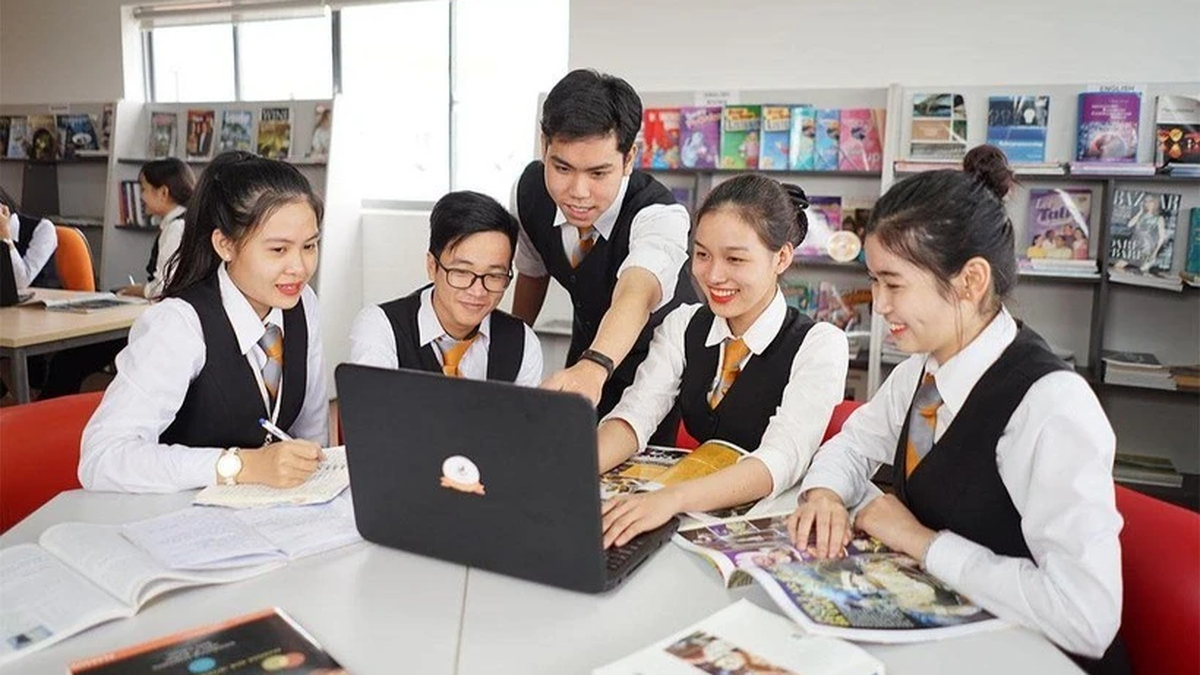

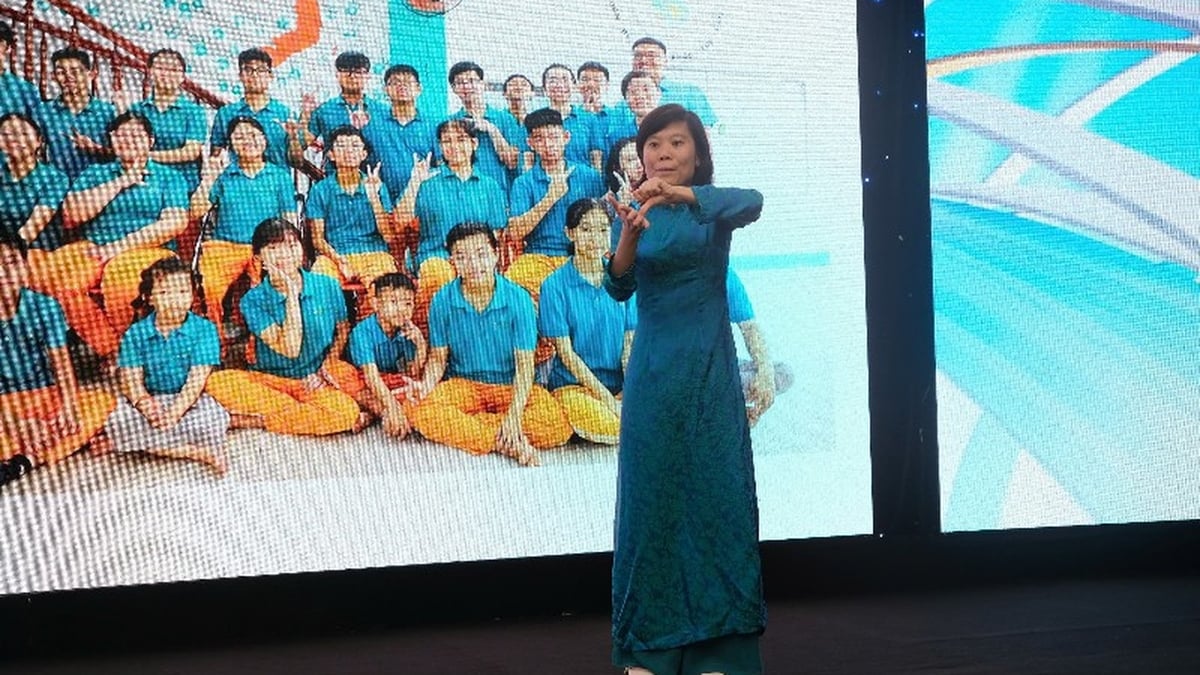
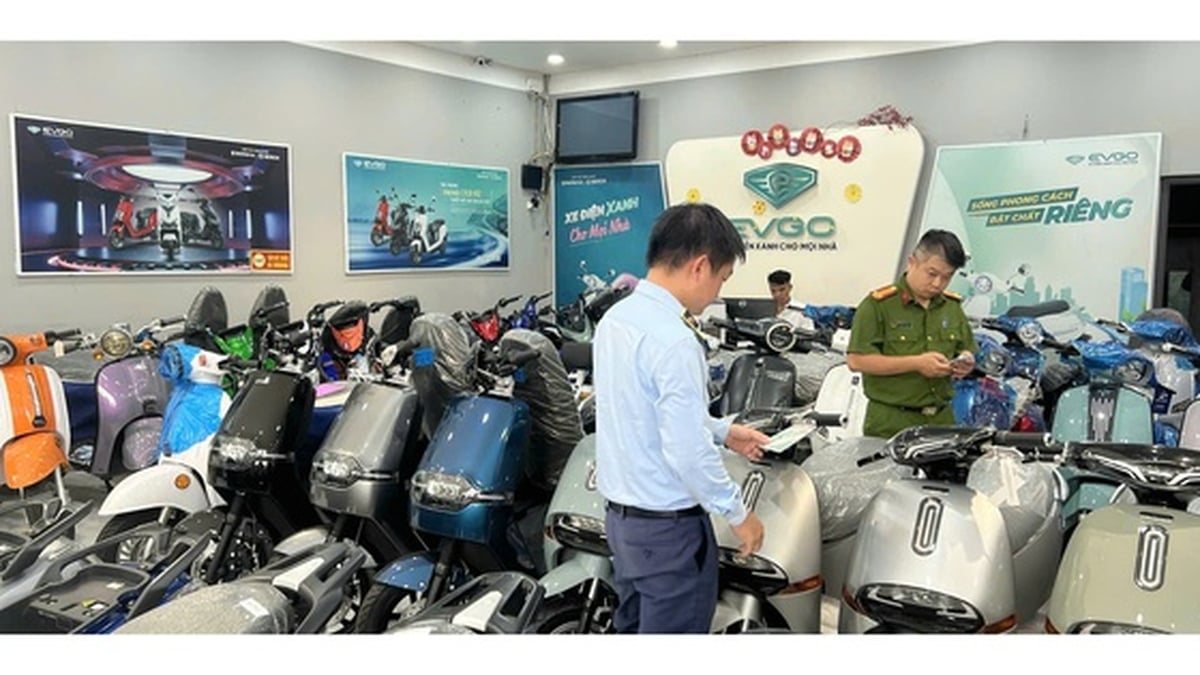



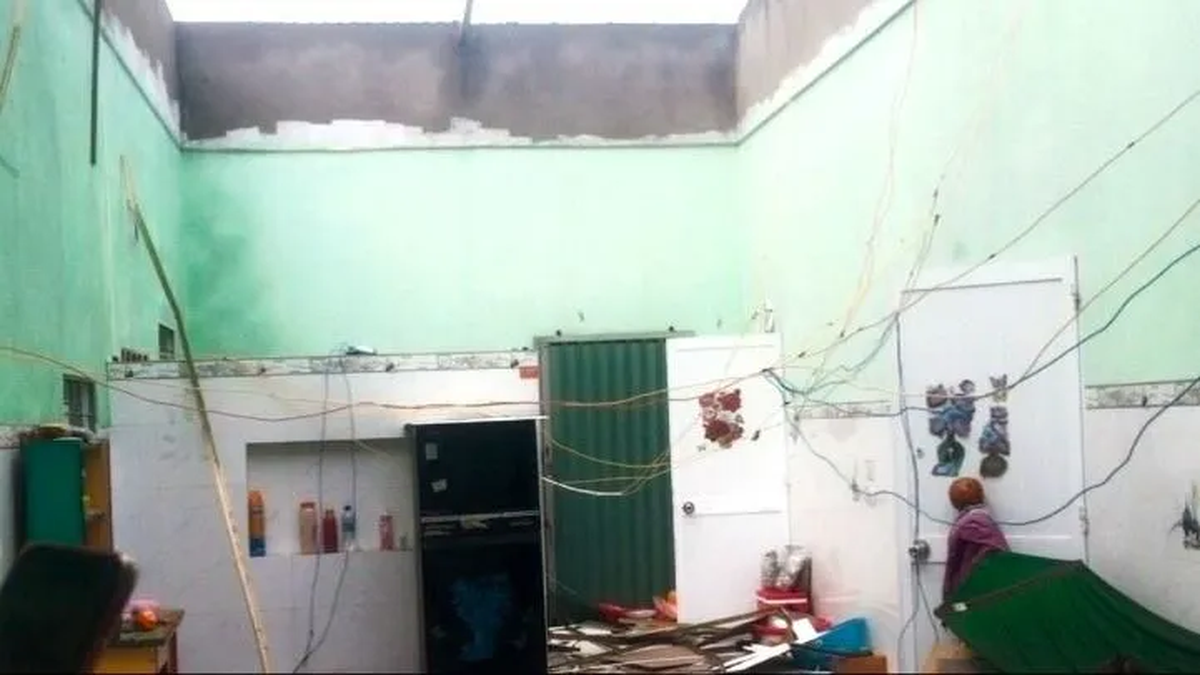











![[Photo] Gia Lai provincial leaders offer flowers at Uncle Ho's Monument with the ethnic groups of the Central Highlands](https://vphoto.vietnam.vn/thumb/1200x675/vietnam/resource/IMAGE/2025/7/9/196438801da24b3cb6158d0501984818)










































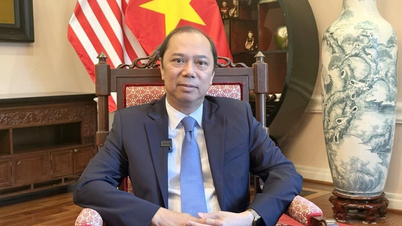






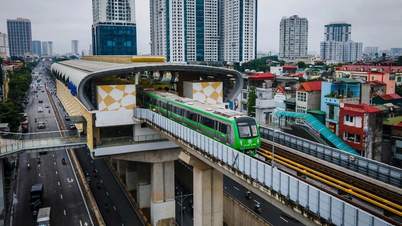


















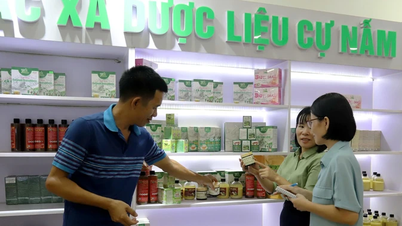







Comment (0)